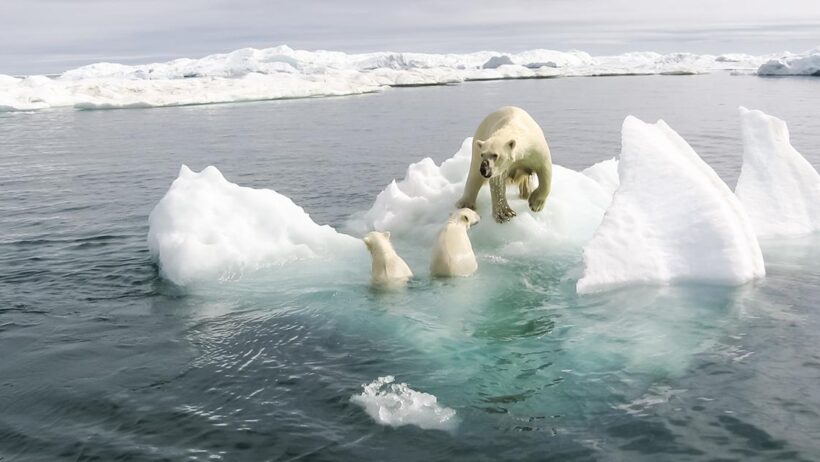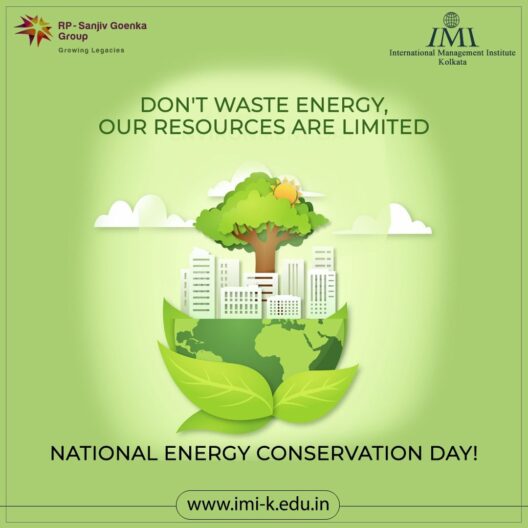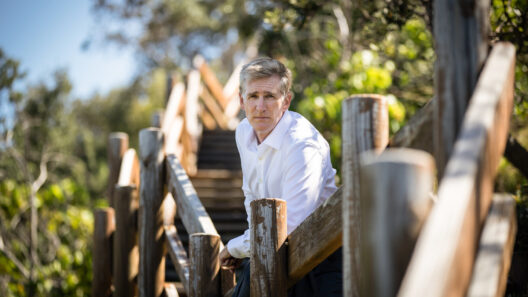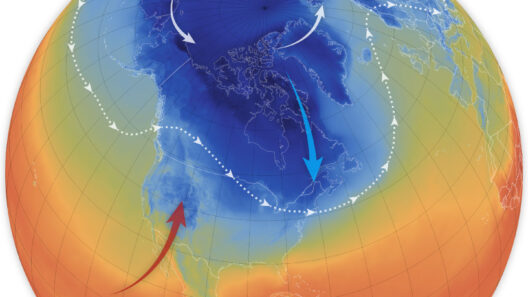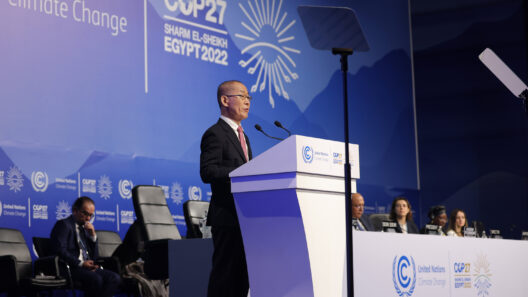Do you believe global warming is caused by humans? At first glance, this may seem like a simple yes or no question, but the ramifications of the answer are profoundly intricate, enveloping scientific data, ethical considerations, and societal paradigms. Why does it matter, you ask? Understanding the anthropogenic roots of climate change is not merely an academic exercise; it carries profound implications for policy-making, public sentiment, and individual responsibility. Let us embark on a journey through the layers of this critical issue.
To comprehend the human influence on global warming, one must first appraise the scientific consensus. The Intergovernmental Panel on Climate Change (IPCC) asserts that it is virtually certain that human activities, notably greenhouse gas emissions from burning fossil fuels and deforestation, are driving the observed warming trends of the planet. This assertion is underpinned by rigorous data analysis and climate modeling. The correlation between industrial activities and rising global temperatures paints a stark picture, elucidating a direct trajectory from human actions to ecological repercussions.
However, some skeptics may pose a playful challenge: “Isn’t the Earth’s climate subject to natural variability?” Indeed, the planet has experienced its fair share of climatic fluctuations throughout geological history—ice ages and warming periods alike. While natural factors such as volcanic eruptions and solar radiation variations can influence climate, the rapid pace of current changes is not in harmony with these historical patterns. The current trajectory is anomalous, correlated with the steep ascent in carbon dioxide levels since the Industrial Revolution. This stark deviation from the norm intensifies the urgency with which we must approach the issue of global warming.
The significance of acknowledging human causation lies in our ability to enact change. If global warming is predominantly a product of human behavior, it becomes incumbent upon society to modify that behavior. This encompasses a holistic reevaluation of energy consumption, transportation, and food production. Transitioning to renewable energy sources such as wind, solar, and hydroelectric power is not merely an option; it is an imperative. The burgeoning market for electric vehicles—previously a niche product—now signifies a collective shift towards sustainability, steered by public demand for eco-conscious alternatives.
Additionally, the scope of individual actions cannot be underestimated. While large corporations contribute significantly to carbon emissions, individual choices matter too. From reducing meat consumption, which is resource-intensive, to opting for public transport, incremental changes can accumulate into substantial reductions in one’s carbon footprint. Engaging in dialogues and advocating for sustainable practices at a community level fosters a culture of environmental stewardship. The question now morphs: How personal responsibility intertwines with collective action to create a mosaic of reform?
Acknowledging human causation also begets ethical considerations. The consequences of global warming are not equally distributed globally. Vulnerable populations, often with the least resources, bear the brunt of climate impacts, including extreme weather events, rising sea levels, and food insecurity. These dynamics invoke questions of justice and equity, urging us to consider: How can developed nations, which have historically contributed the most to greenhouse gas emissions, support developing countries in their climate adaptation efforts? Climate change becomes an arena for examining our moral obligations toward one another.
Furthermore, the economic ramifications of global warming necessitate serious reflection. The cost of inaction far exceeds the investment required for mitigation and adaptation measures. Natural disasters, intensified by climate change, have already manifested in escalating financial burdens on governments and communities. Insurance claims swell, infrastructure suffers, and industries face uncertainty. By investing in climate resilience and sustainable development now, societies can safeguard prosperity for future generations, thus intertwining economic strategy with environmental responsibility.
Societal perceptions of climate change also play an integral role. Mechanisms of public understanding often oscillate between denial and alarmism. To galvanize societal action, effective communication is pivotal. Misinformation proliferates, creating barriers to understanding. Therefore, the role of education cannot be overstated; equipping individuals with factual knowledge empowers them to navigate the complexities of climate science and its implications. As we ponder the original question, we must also contemplate: How can we transform knowledge into effective advocacy?
The dialogue surrounding climate change must remain open and inclusive. Engaging various stakeholders—from scientists to policymakers to activists—encourages comprehensive discourse that can yield innovative solutions. Community forums, public workshops, and digital platforms become vital canvases for exchange, allowing multifaceted perspectives to coalesce. Each voice contributes to a broader narrative, amplifying the urgency of addressing global warming as a collective endeavor.
Ultimately, the question of whether global warming is human-caused serves as a catalyst, sparking essential discussions around sustainability, equity, and responsibility. Addressing this challenge necessitates a multifarious approach, integrating scientific understanding, ethical deliberation, and community engagement. The path ahead may be fraught with complexities, yet it is illuminated by the shared goal of a sustainable future—one that resonates with the ideals of stewardship and accountability. By embracing this challenge, we arm ourselves not only with knowledge but with the power to reshape our world, ensuring that we leave a thriving planet for posterity. The choice lies not merely in believing but in acting. What role will you play in this imperative narrative?



